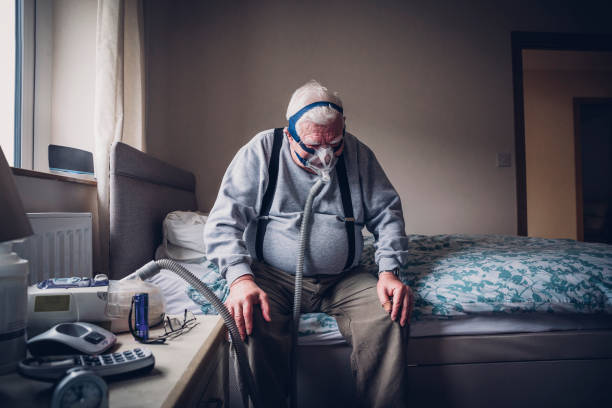Shortness of breath, also known as dyspnea, is a common symptom of anxiety. It is a feeling of not being able to catch one’s breath and can be accompanied by a tightness in the chest, rapid heartbeat, and feelings of suffocation. In this article, we will explore the symptoms of shortness of breath caused by anxiety and the various treatments available.
Symptoms of Shortness of Breath Anxiety
Sudden Onset: One of the key symptoms of shortness of breath caused by anxiety is that it often comes on suddenly. People may feel as if they are choking or suffocating, even when there is no physical reason for these feelings.
Chest Tightness: Another common symptom of shortness of breath caused by anxiety is a tightness or pressure in the chest. This can feel like a heavy weight on the chest, making it difficult to breathe.
Rapid Heartbeat: People experiencing shortness of breath due to anxiety may also experience a rapid heartbeat, which can be accompanied by palpitations. This rapid heartbeat can further exacerbate feelings of suffocation.
Sweating: Sweating is another common symptom of shortness of breath caused by anxiety. This can be especially noticeable on the face, neck, and hands.
Dizziness: Dizziness is another symptom of shortness of breath caused by anxiety. This can occur because of the rapid heartbeat and the body’s response to the feeling of suffocation.
Fatigue: Fatigue is a common symptom of shortness of breath caused by anxiety. This can be because the body is expending a lot of energy trying to deal with the feelings of suffocation and the rapid heartbeat.
Treatment for Shortness of Breath Anxiety
Cognitive Behavioral Therapy (CBT): CBT is a form of psychotherapy that can be very effective in treating shortness of breath caused by anxiety. CBT focuses on changing the way a person thinks about their symptoms and helps them learn coping strategies for dealing with anxiety.
Medications: There are several medications that can be prescribed to treat shortness of breath caused by anxiety. These include beta-blockers, which help to slow down the heartbeat, and anti-anxiety medications, which can help to reduce feelings of panic and anxiety.
Relaxation Techniques: Relaxation techniques, such as deep breathing and progressive muscle relaxation, can be very effective in treating shortness of breath caused by anxiety. These techniques help to calm the body and reduce feelings of suffocation.
Exercise: Regular exercise can help to reduce feelings of anxiety and improve overall physical and mental health. Aerobic exercise, such as running or cycling, can be especially helpful in treating shortness of breath caused by anxiety.
Lifestyle Changes: Making certain lifestyle changes, such as reducing caffeine and alcohol consumption and getting enough sleep, can also help to reduce symptoms of shortness of breath caused by anxiety.
In conclusion, shortness of breath is a common symptom of anxiety that can be very distressing. However, there are many treatments available that can help to reduce symptoms and improve overall quality of life. Whether it’s through cognitive behavioral therapy, medications, relaxation techniques, exercise, or lifestyle changes, there is a path to relief for those suffering from shortness of breath caused by anxiety.

 Home
Home Health
Health Diet & Nutrition
Diet & Nutrition Living Well
Living Well More
More












